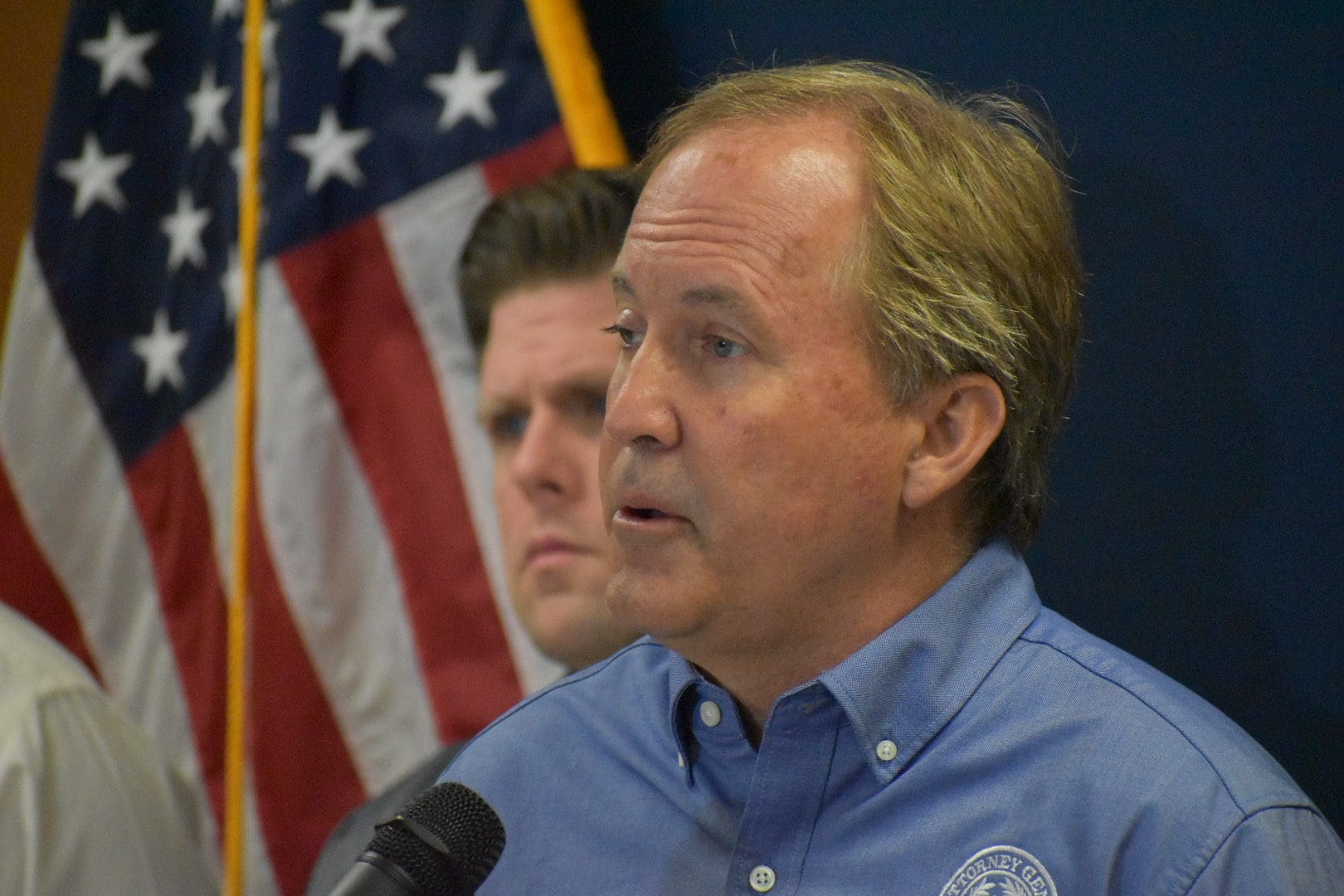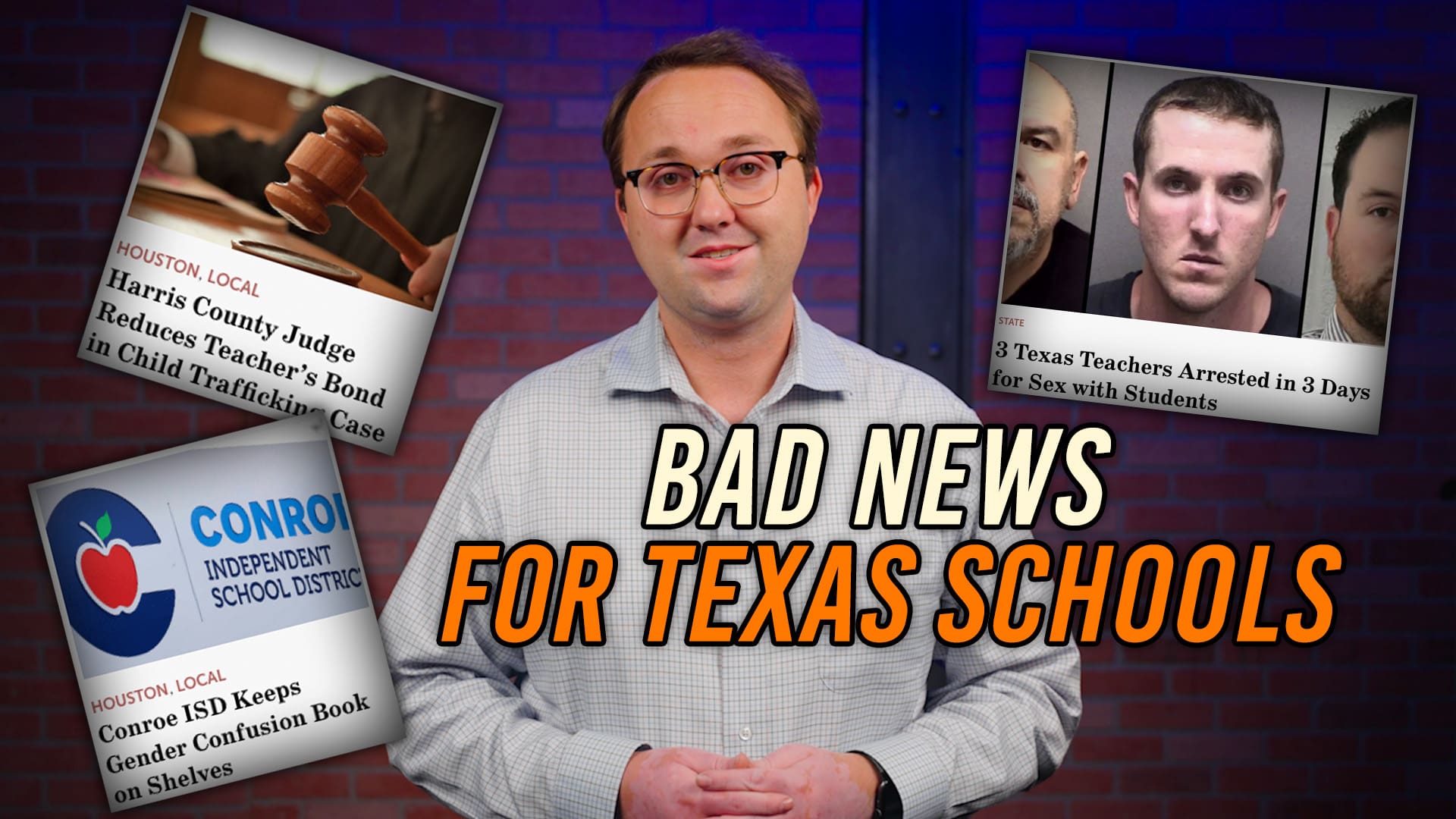Last year, when the landmark Tax Cuts and Jobs Act of 2017 was passed, Texans were excited to finally see the federal government move on a reform that was long-promised. A little-known provision within that bill, though, encourages private investment in distressed areas and may spell success if local governments get out of the way.
US Sen. Tim Scott (R-SC) first introduced the Investing Opportunity Act in 2016. It was filed as a standalone bill and received bipartisan support, but after it stalled, Scott saw an opportunity with the federal tax reform package and included it in the Tax Cuts and Jobs Act.
IOA’s goal was to encourage private investment in distressed areas through the creation of “opportunity funds” and “opportunity zones.”
Unlike HUD zones or even tax increment reinvestment zones, opportunity zones are private pools of investor funds invested in local communities. Investors get the ability to defer or reduce their capital gains taxes by rolling their earnings into the Opportunity Funds. Unlike typical top-down, prescriptive approaches, this effort is meant to allow private investors and communities to decide was what combination of business, infrastructure, housing, or other investments are needed and work best for each community.
Each state can designate up to 25 percent of eligible, low-income census tracts as an Opportunity Zone and then submit those to the U.S. Treasury, which Gov. Greg Abbott has already done.
“As we continue to recover after Harvey, these Opportunity Zone designations will also provide a much needed boost for local communities impacted by the storm,” said Abbott in a press release. Abbott designated 628 areas in 145 Texas counties as Opportunity Zones.
The Zones were selected based on a number of factors and “an extensive analysis of Texas’ eligible tracts, and using a multi-step process to identify eligible areas in particular need due to chronic unemployment, lower population density, and significant economic disruptors such as natural disasters within the past two years.”
The new law requires designated areas to have a poverty rate of at least 20 percent and a median family income less than 80 percent of the area’s median income.
While the Zones are spread across the state, by far the majority are within Harris County which has 105 designations. Following Harris is Bexar with 24 and Hidalgo with 23.
States were only given 90 days to determine their designations, which last 10 years, and as such, some are concerned about the potential long-term implications as well as unintended consequences.
Private investments help, but won’t fix all of the problems faced by those inside the designated areas. It’s going to take state and local buy-in to work with program administrators on ensuring that investments are best utilized.
In combination with investments, lawmakers need to address regulatory factors that are keeping these areas distressed in the first place.
Private investments in housing may be negated by excessive city regulations, such as land-use and permitting requirements.
The same thing can be said for business. Investments can be made in business but if the tax climate is not one where businesses and residents cannot just survive, but make a living, those investments won’t be as effective as they could be.
If infrastructure development is delayed by drawn out approval processes, construction requirements, or inefficiency, investments won’t make a difference in repairing crumbling infrastructure in our cities. It will take a double-pronged approach to make sure that Texas is making its regulatory environment friendly enough for private investments to thrive.
In other words, state local governments need to get out of the way to facilitate private investment in a timely and efficient manner.
The Zones have the opportunity to be a successful, private way of revamping distressed areas, but state and local governments in Texas will need to make sure they do everything to provide a tax and regulatory climate that allows for this growth, and one that doesn’t negate any benefits that may be realized.
*The full list of Opportunity Zone designations can be found here.




